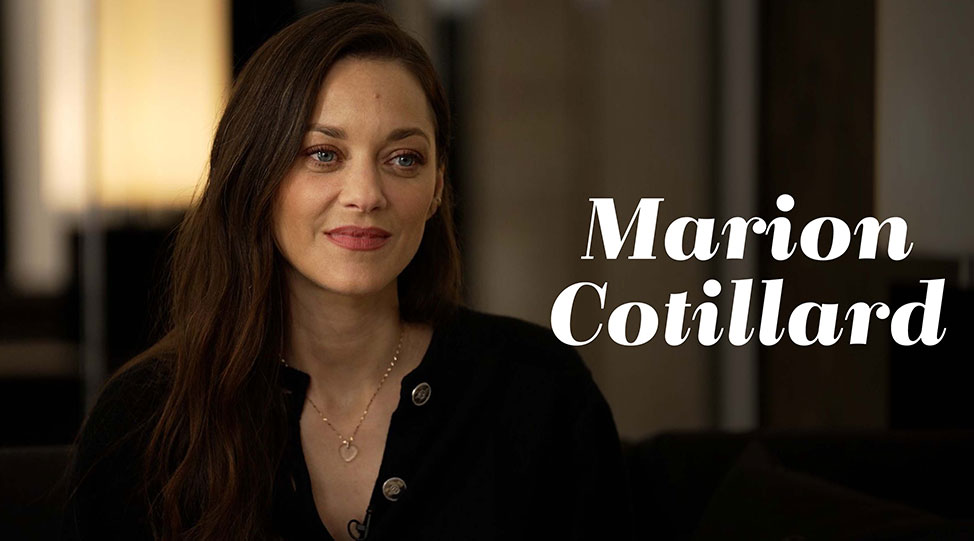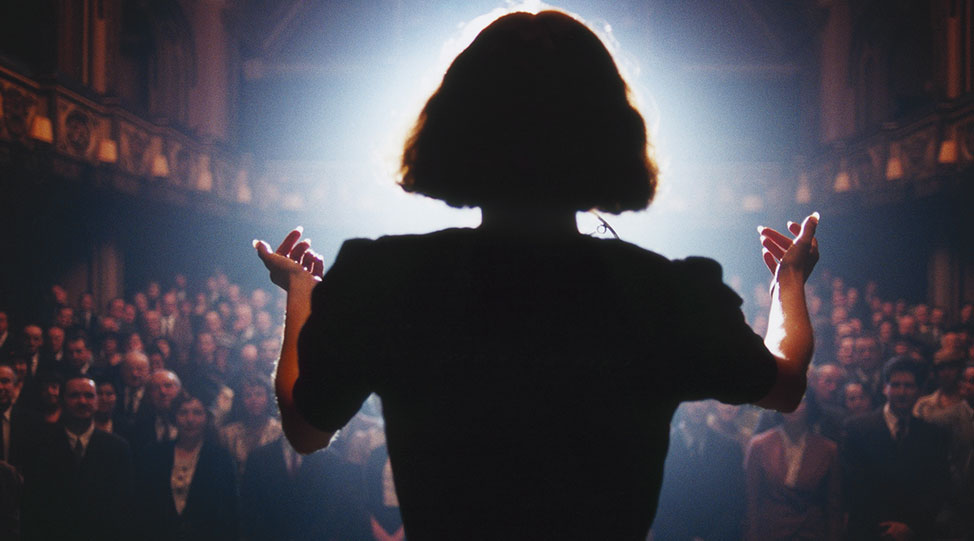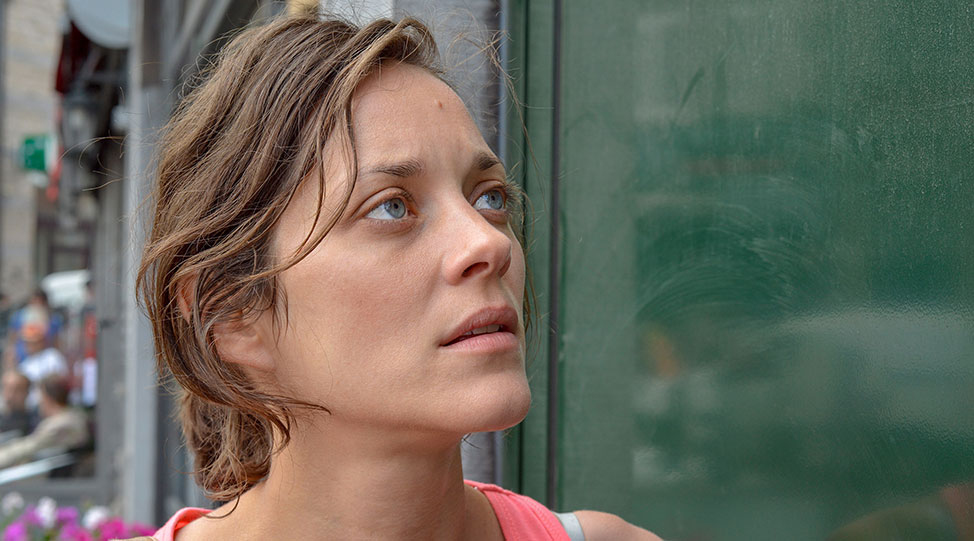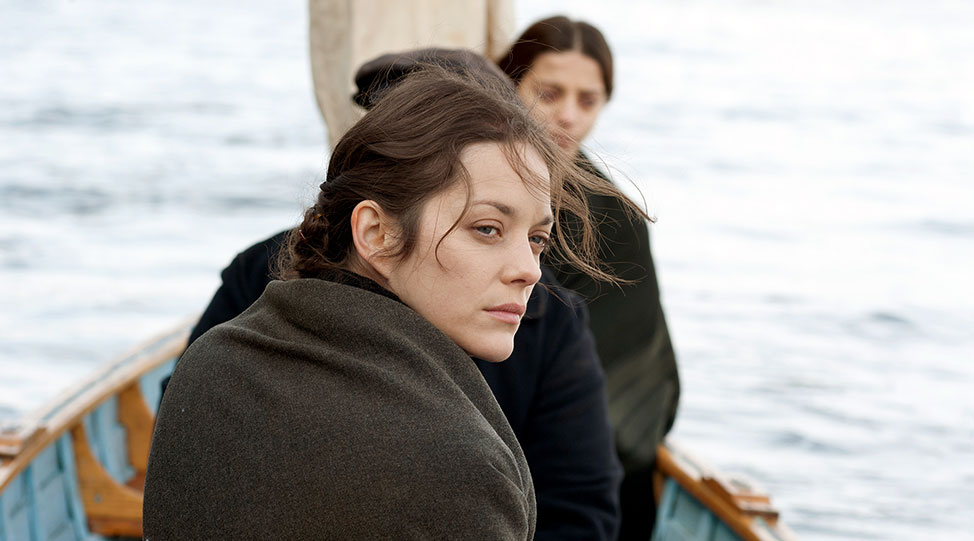News
Celebrating 100 Years of Konrad Wolf
10/31/2025
11/05/2025
There is a quietness in the way Marion Cotillard speaks, an intensity that mirrors the women she has brought to life on screen. Acting was never a conscious choice – it was woven into her DNA. “My parents were actors,” she says simply. “For as long as I can remember, I wanted to act too.”

Growing up backstage in her father’s theatre company, Cotillard was captivated by the electricity of storytelling, by audiences leaning forward in the dark. Her mother’s admiration for Greta Garbo further shaped her sensibilities. “She was the first actress who truly fascinated me,” Cotillard recalls. “She probably sparked my love of film.” Garbo’s enigmatic presence, always appearing then disappearing, profoundly shaped Cotillard’s own craft as a delicate yet commanding balance of strength and vulnerability.

Cotillard’s career took a major turn when she embodied legendary singer Édith Piaf in Olivier Dahan’s La Vie En Rose. “I learned early on that hard work is key,” she says. For months, Cotillard immersed herself in Piaf’s world, studying her voice, gestures, and even her breathing with painstaking detail – despite never singing in the film.
Yet the most profound preparation happened internally. “It wasn’t just research, it was exploration. Trying to understand her fears, her joy, her passion,” Cotillard explains. Playing Piaf meant diving into mystery. “There is a mystery within us all,” she says. “Even within ourselves things remain unclear, but in someone else, it goes even deeper.”
Cotillard rejects the idea of a one-size-fits-all acting method. Each character requires a fresh approach. For the Dardenne brothers’ Two Days, One Night (2014), she rehearsed tirelessly, mastering every gesture until instinct took over. For Christopher Nolan’s Inception (2010), she tackled the intellectual puzzles embedded in the labyrinthine script alongside Leonardo DiCaprio. “We had so many questions,” she laughs. “And when you see the film, it all makes sense in the end.”

Cotillard’s roles gravitate toward women who are haunted and wounded, yet unbroken. But this pattern is only something she has noticed in hindsight. “It’s people who point it out to me,” she admits. “Roles seem to find me, as if they’re already waiting.” Jacques Audiard’s Rust and Bone (2012) left a particular mark. “His genius overwhelmed me – it was both emotional and physical,” she says.
Working with James Gray and Joaquin Phoenix on The Immigrant (2013), Cotillard embraced the intensity of Phoenix’s method acting. Yet even in heavy drama, she values moments of lightness. “Even in dramas, I like there to be joy,” she says. A rare on-set mistake like forgetting a line was enough to spark laughter and shifted the tone of their collaboration, Cotillard explains.

Olivier Père observes a recurring pattern in Cotillard’s work, that she often plays performers, whether singers, actresses, or women performing roles within roles. She nods, reflecting on Lucile Hadzihalilovic’s Innocence (2004): “Acting someone who performs is like holding a mirror inside a mirror. You’re revealing and hiding at the same time.”
For Marion Cotillard, cinema is an ongoing experiment in empathy and reinvention. “Each meeting is unique,” she says. “Each role is a new life. Cinema is so full of life.”
Watch the conversation between Marion Cotillard and Olivier Père here